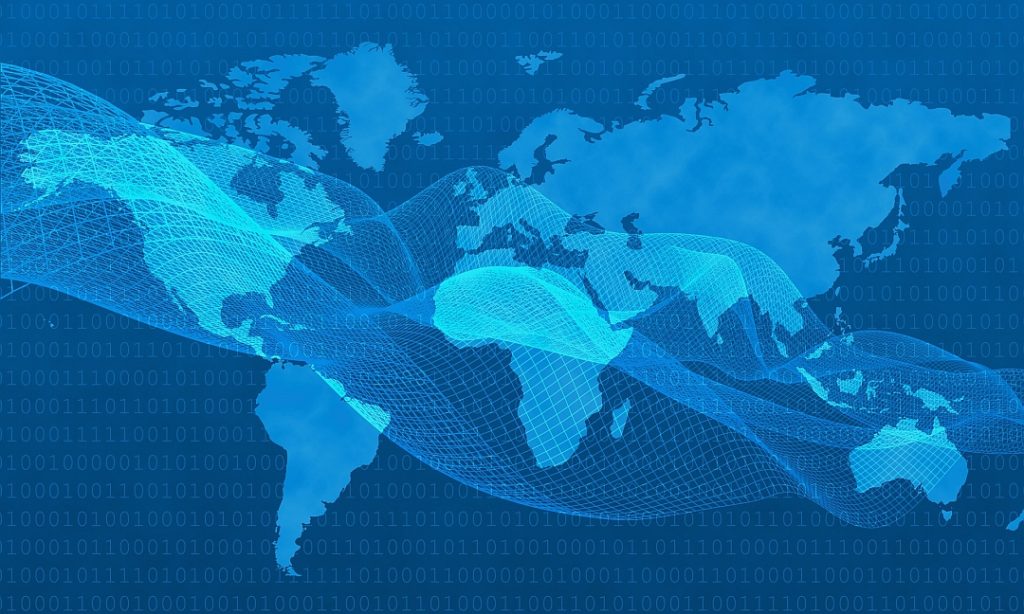Marketing Trends in Influencer Marketing
Influencer marketing continues to evolve as consumer behavior shifts and digital platforms introduce new features. Brands that adapt to emerging trends can maximize their marketing effectiveness and stay ahead of the competition. Here are the top marketing trends shaping influencer marketing in 2025.

1. AI-Driven Influencer Selection and Campaign Optimization
Artificial intelligence (AI) is revolutionizing how brands discover influencers and measure campaign success. AI-powered tools analyze engagement rates, audience demographics, and content authenticity, helping brands make data-driven decisions for more effective partnerships.
2. The Growth of Niche and Micro-Influencers
While celebrity influencers have massive reach, micro-influencers (10K-100K followers) and niche experts often deliver higher engagement and stronger trust. Brands are increasingly investing in smaller influencers with dedicated and loyal communities to foster more meaningful connections.
3. Short-Form Video Dominance
Platforms like TikTok, Instagram Reels, and YouTube Shorts are driving the demand for short-form video content. Brands are leveraging influencers to create engaging, bite-sized videos that capture attention quickly and encourage user interaction.
4. Live Shopping and Social Commerce
Social commerce is booming, with platforms integrating e-commerce features that allow influencers to drive direct sales. Livestream shopping events, product links in stories, and in-app purchases are making influencer marketing more conversion-focused than ever before.
5. Authenticity and Unfiltered Content
Consumers are growing tired of overly polished, scripted brand content. Instead, they gravitate towards influencers who share raw, behind-the-scenes, and unfiltered experiences. Brands that embrace authenticity and transparency in influencer collaborations are seeing stronger engagement and trust.
6. Subscription-Based and Exclusive Content
With platforms like Patreon, OnlyFans, and Instagram Subscriptions, influencers are offering exclusive content to paying subscribers. Brands are tapping into this trend by collaborating with influencers to create premium, gated content that fosters a deeper connection with audiences.
7. The Rise of Virtual and AI Influencers
AI-generated influencers and virtual personalities are becoming more prominent, offering brands a new way to engage audiences. While human influencers remain dominant, brands are experimenting with AI-driven avatars to create unique marketing experiences.
8. Increased Focus on Performance Metrics and ROI
Brands are shifting away from vanity metrics (likes and follower counts) and focusing on conversion-driven KPIs such as engagement quality, website traffic, and sales attribution. Data-driven decision-making is crucial to optimizing influencer marketing efforts.
9. Long-Term Brand-Influencer Partnerships
Rather than one-off collaborations, brands are investing in long-term partnerships with influencers. These ongoing relationships build credibility, strengthen brand loyalty, and create more authentic endorsements over time.
10. Stricter Regulations and Compliance
With growing scrutiny over influencer marketing transparency, regulatory bodies are enforcing stricter disclosure guidelines. Brands and influencers must comply with FTC regulations and platform policies to maintain credibility and avoid legal issues.
Influencer marketing in 2025 is all about authenticity, data-driven strategies, and emerging technologies. Brands that embrace these trends will see greater engagement, higher ROI, and stronger consumer trust.
Looking to stay ahead in influencer marketing? Contact DITTO today to craft cutting-edge campaigns tailored to your brand’s needs.
